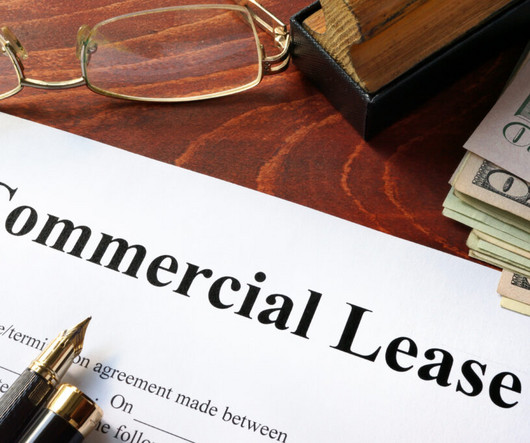Property managers’ revenue may be growing more than they think [The Lookout]
Buildium
JANUARY 21, 2025
Generating enough revenue to compensate for rising costs remains a top challenge for property management companies in 2025. First: Leasing has become less profitable, with renters moving less often than they have in previous years. But hopefully, weve given you some ideas that you can put to work in your own business in 2025.












Let's personalize your content